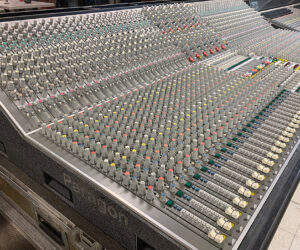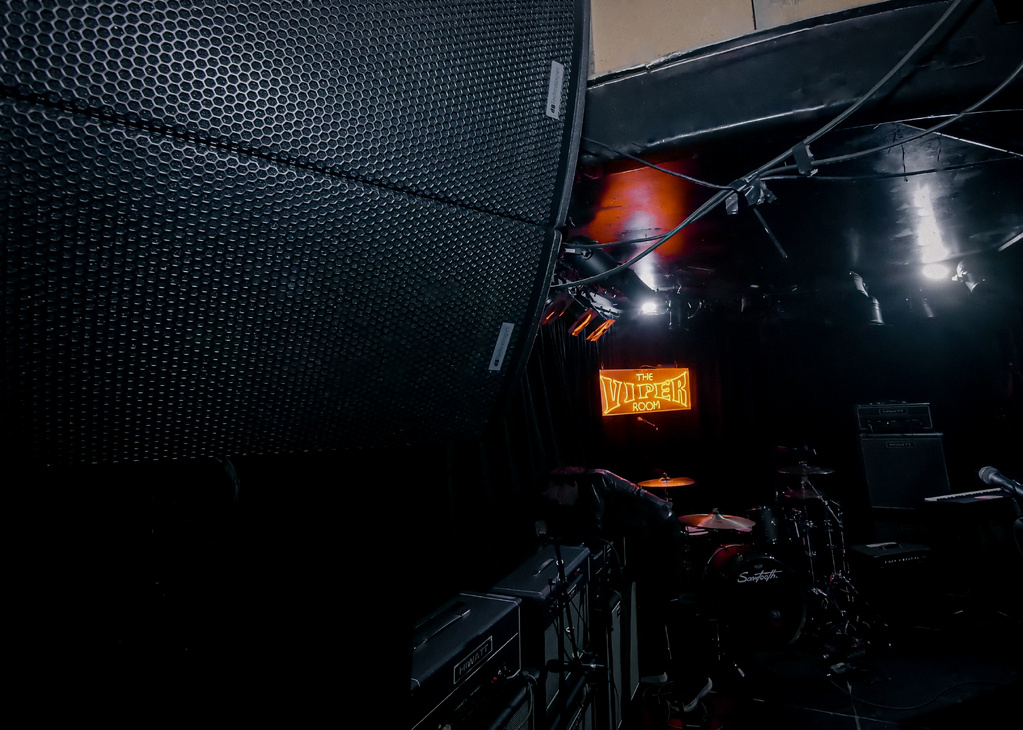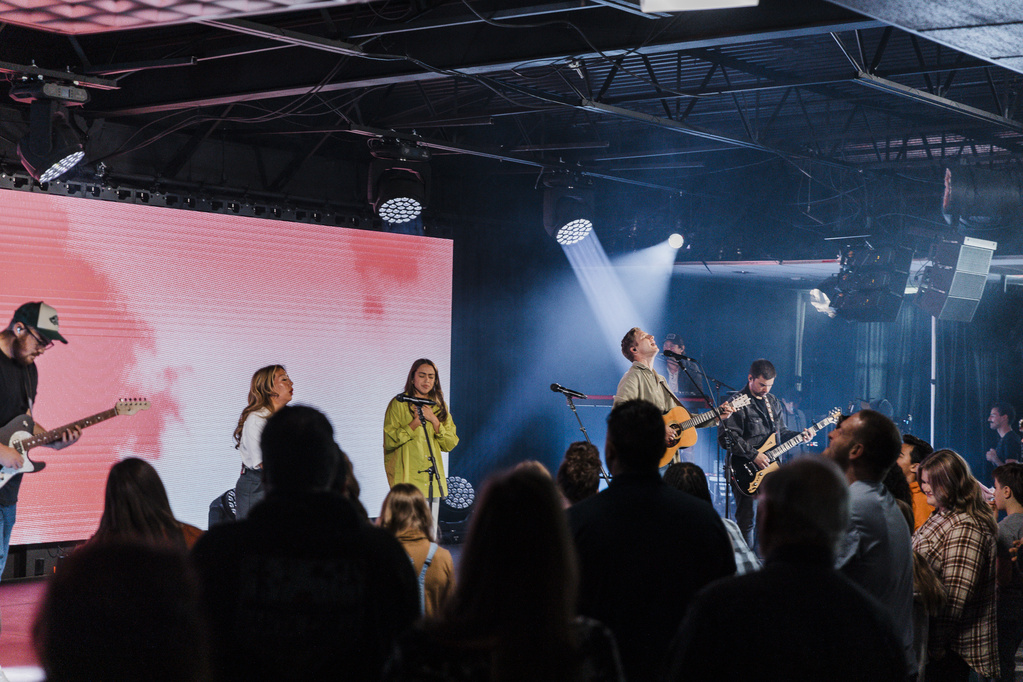This is one of those, “Thinking out loud” posts for me, which seemed a good way to introduce myself to the ProSoundWeb community.
It’s been a topic of conversation at our church for the past several months, particularly as budgets have been cut (again).
Actually, I’ve been thinking about it on and off since I moved to Minneapolis in 2007; that’s when I first encountered paid musicians and techs in the church.
Prior to that, all the musicians and techs I’ve worked with had been volunteers. Honestly, it’s one of those topics that has left me still working on a position.
Before I dive into my still-forming conclusions, let’s consider both sides of the debate.
The Case for Paying Musicians (I’ll get to techs in a minute)
Those that support paying musicians in church are likely to point out that the church has a long history of supporting the arts and should continue.
Paying the band—that is, artists who make their living playing or teaching music—is a continuation of that tradition. Supporters would also agree that the musical worship time of the service is important, and paying for professional musicians will deliver better results with less rehearsal time.
It’s also important to note that a band that’s paid is under a little tighter control of the worship leader or music director. They tend to show up closer to the call time (or they don’t work as often), and it’s easier set and enforce expectations.
As a general rule, the quality of musicianship tends to be higher with a paid band, and that even makes it a lot more fun for the FOH engineer (who may be paid or volunteer).
I’m sure there are other reasons to pay musicians, and the ones I just mentioned are all good ones. Honestly, I don’t really disagree with any of them.
On the other hand, where does it stop? Surely the FOH or monitor position requires just as much skill and training as does a band member, so should we pay those positions?
Over the history of my current employer, Coast Hills Community Church, that’s been the tradition. However, based on my budget for the year, that tradition is coming to an end.
When I was in Minneapolis, I always found it odd that the musicians were paid but the FOH engineer was not. But what about the guy who helps out doing graphic design for the church?
If he’s a freelancer, he’s an artist making his living doing design; if we want to support the arts, do we pay him as well? What about the teacher who leads a kid’s Sunday School class? Do we pay her also? Or the carpenter who helps out building sets for the Christmas production?
I’m not trying to be overly dramatic, but at some level, you can make the case for paying almost everyone who volunteers their time at a church.
Might we get friendlier ushers if we paid them? Maybe, but at what point does paying people to “serve” turn church into an attraction to be visited rather than a body that serves?
Part of the equation that further muddies the water is the distinction between bringing in outside musicians and contractors and people from the body. In our case, we have both serving every weekend.
Actually, we often have three classes of musicians; outside contractors who don’t call Coast Hills their home; professional musicians that are part of our body, and are paid; and volunteers who may be project managers or firemen but also play a mean instrument.
This strange mix has never been a source of consternation (at least that I’ve seen), which is a testament to our team’s leadership. However, it is interesting.
What is more interesting is seeing what happens when budgets get cut and people who used to be paid can’t be paid any longer. Some keep on playing, others sit out.





















